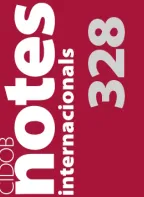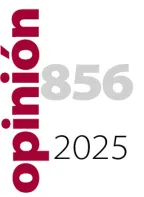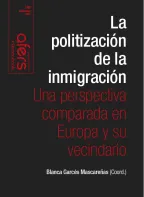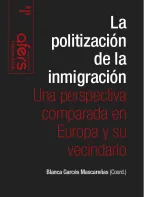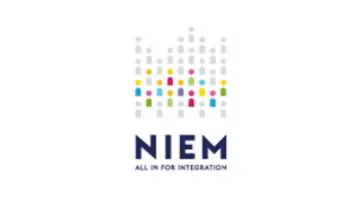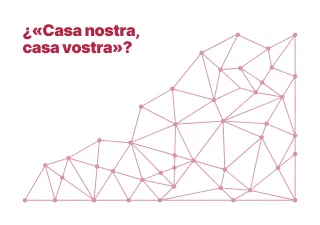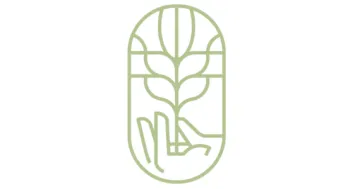Blanca Garcés Mascareñas
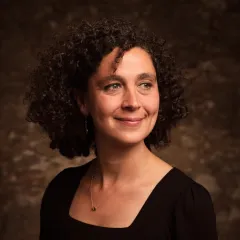
Senior Research Fellow
Blanca Garcés is a Senior Research Fellow in the area of Migrations at CIDOB (Barcelona Centre for International Affairs). PhD cum laude in Social Sciences from the University of Amsterdam and BA in History and Anthropology from the University of Barcelona. Her PhD thesis was awarded the Dutch Sociological Association (NSV) prize for the best sociological dissertation defended in the Netherlands in 2009 and 2010. For more than 15 years she has studied immigration and asylum policies from a comparative perspective. In her book Markets, citizenship and rights (2012), she analysed to what extent different political contexts (Spain and Malaysia) lead to different immigration policies. In the book Integration, processes and policies in Europe (2014), written together with Rinus Penninx, she proposes a heuristic model to study integration processes and policies. In the last five years she has studied policies and political discourses on asylum in Europe, with a special attention to border policies and state reception systems. Since 2021, she coordinates a H2020 project to understand the causes and consequences of migration narratives in a context of increasing politicisation and polarisation in Europe. She is member of the european network IMISCOE and of the editorial college of the recently created Migration Politics Journal.
